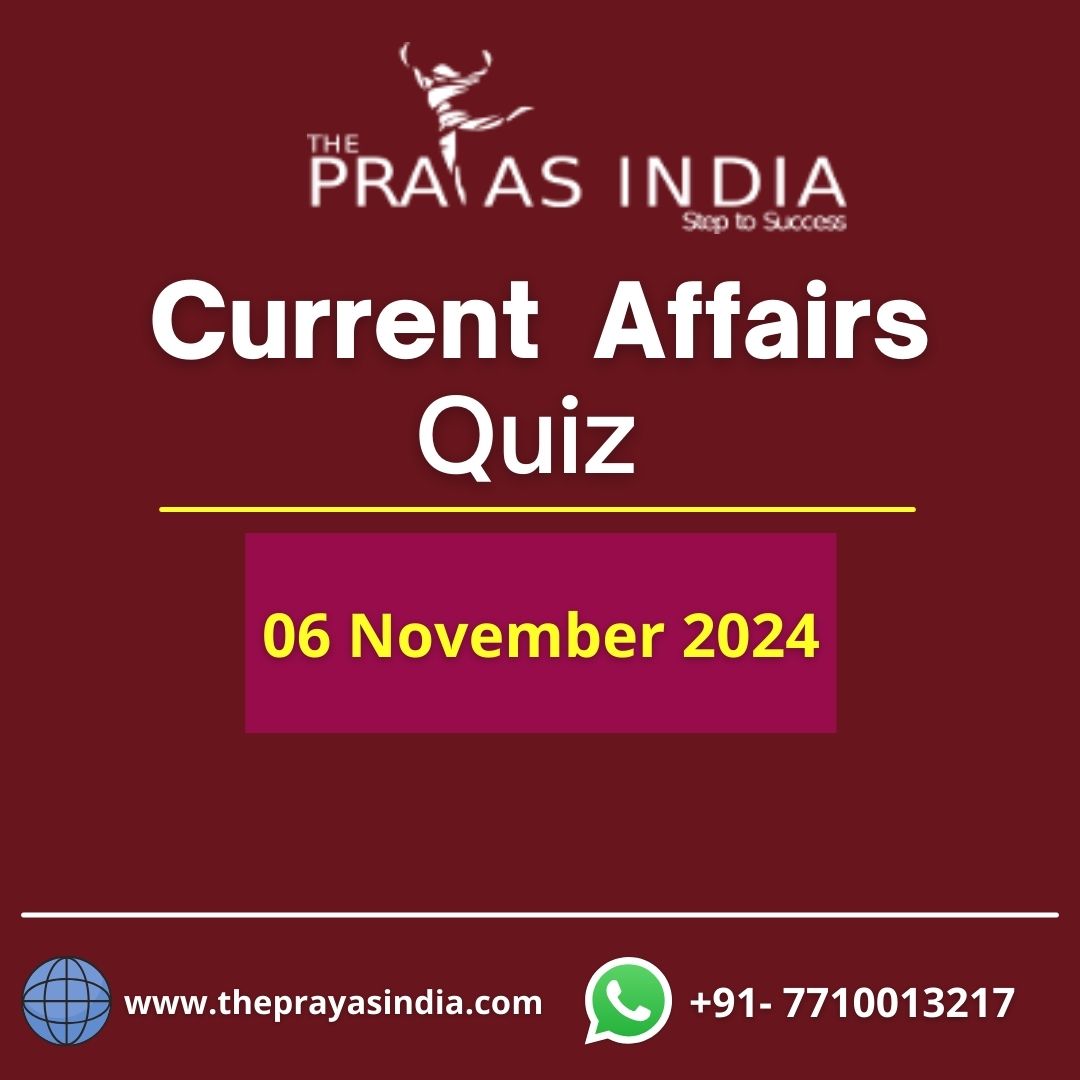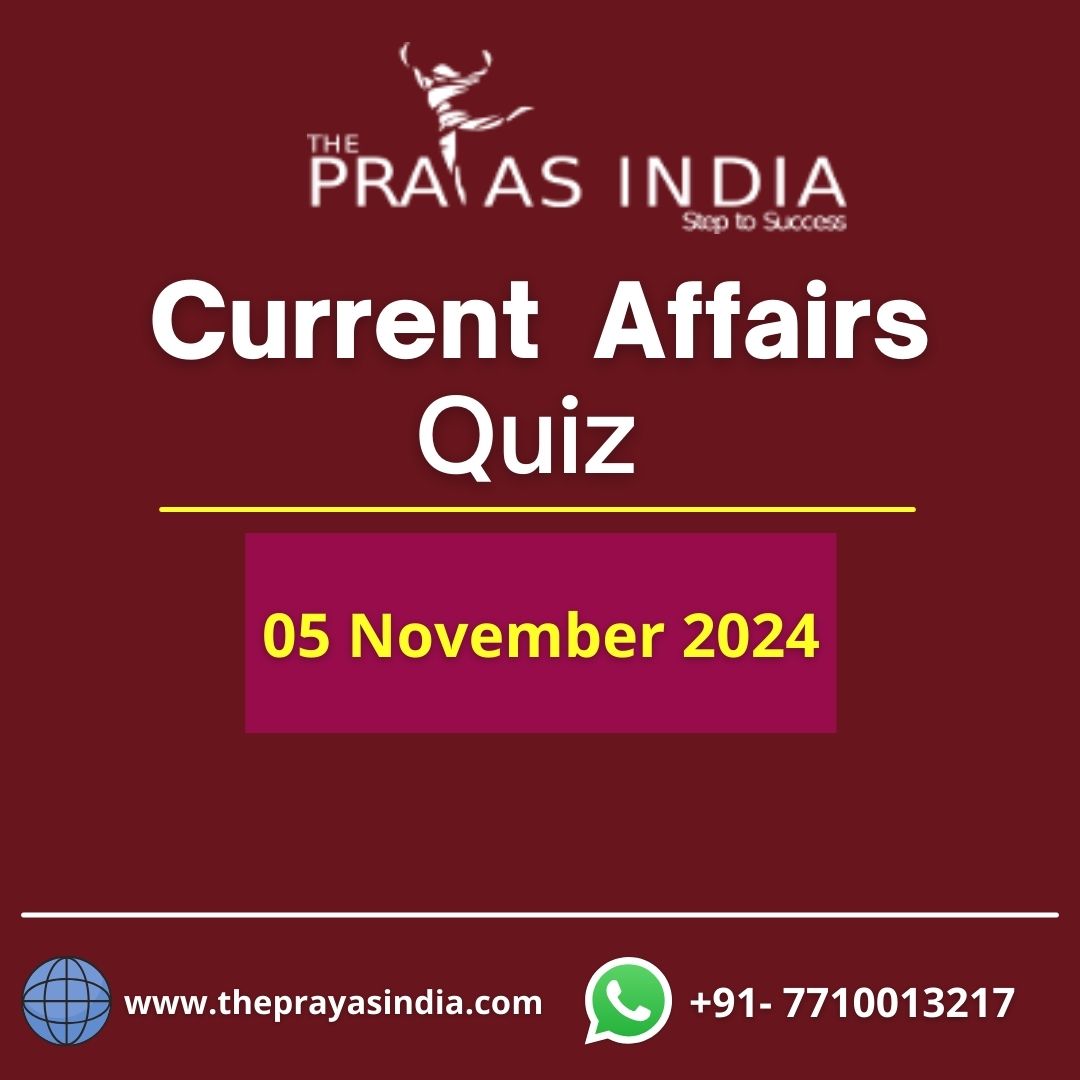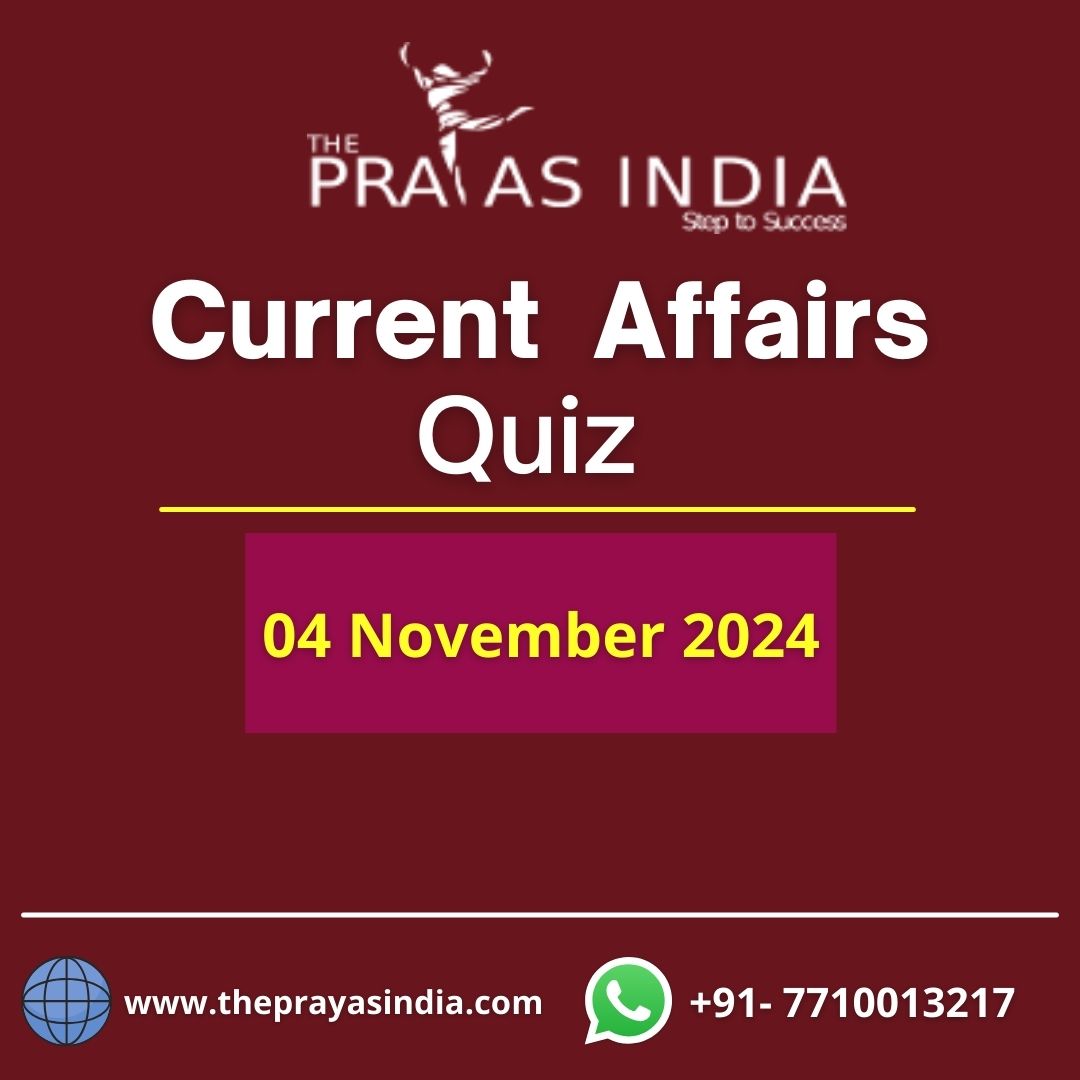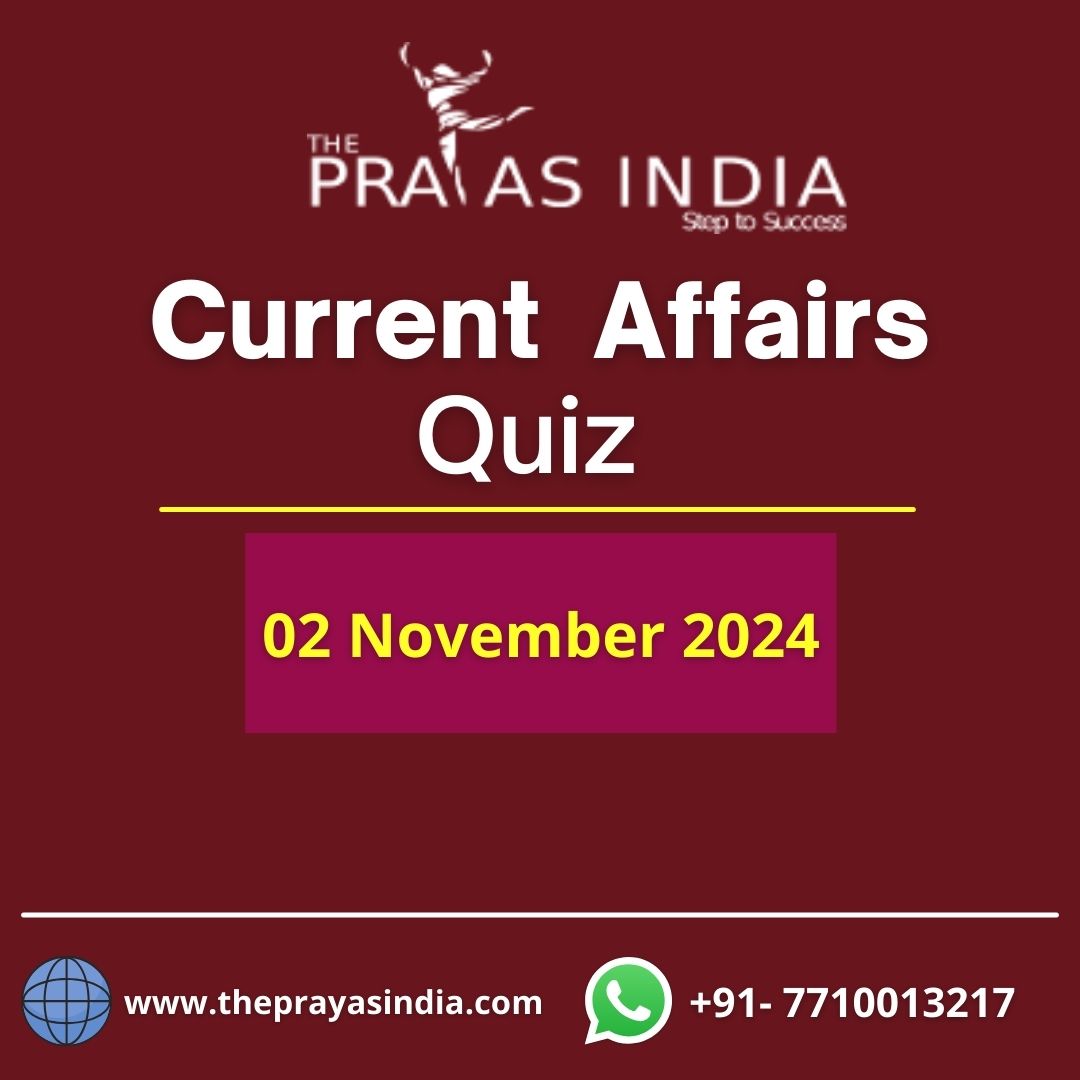Q1. LEAP AHEAD initiative is launched by:
(a) Ministry of Rural Development
(b) Ministry of Science and Technology
(c) Ministry of Health and Family Welfare
(d) Ministry of Electronics & Information Technology
Ans: (d)
Explanation:
- Context: The Ministry of Electronics & Information Technology (MeitY) launched the LEAP AHEAD initiative, a collaborative effort between the Software Technology Parks of India (STPI) and The Indus Entrepreneurs (TiE) Delhi-NCR, aimed at supporting and accelerating the success of tech startups in India.
About the LEAP AHEAD initiative:
- Launchpad for Tech Entrepreneurs towards Accelerated Growth and Pioneering AHEAD (LEAP AHEAD) aims to support tech startups by offering them access to funding (up to ₹1 Crore), mentorship and global connections.
Q2. What are geoglyphs?
(a) Artistic designs carved into mountains.
(b) Large designs or motifs created on the ground surface by arranging stones or altering the landscape.
(c) Underground formations representing ancient cultural symbols.
(d) Temporary artworks made by painting on cave walls.
Ans: (b)
Explanation:
- Context: A remarkable archaeological discovery has been made in Telangana, with the unearthing of a 3,000-year-old geoglyph in the form of a circular design near Mudichu Thalapalli in the Medchal-Malkajgiri district.
What is Geoglyph?
- A geoglyph is a large, intricate design or motif created on the ground’s surface, often by arranging natural materials or altering the landscape itself. Notable examples include the Nazca Lines in Peru and the Uffington White Horse in England.
Q3. Consider the following statements about Electoral Trusts (ET) Scheme:
- It is not available to individuals; only businesses incorporated under Section 25 of the Companies Act of 1956 may participate.
- It mandates that 95% of contributions received in a financial year must be donated to political parties registered under the Representation of the People Act, 1951.
Which of the statements given above is/are correct?
(a) 1 only
(b) 2 only
(c) Both 1 and 2
(d) Neither 1 nor 2
Ans: (b)
Explanation: Electoral Trusts (ET) Scheme:
- Introduced in 2013.
- Open to companies registered under Section 25 of the Companies Act, 1956, and individuals or entities residing in India.
- Trusts must renew their registration every three financial years.
- Mandates that 95% of contributions received in a financial year must be donated to political parties registered under the Representation of the People Act, 1951.
- Electoral Trusts prioritize transparency by mandating the reporting of contributors and beneficiaries to the Election Commission of India. This differs from the Electoral Bonds (EB) Scheme, which permits anonymous political donations.
Q4. Which of the following statements about Tuberculosis (TB) is accurate?
(a) Tuberculosis is caused by a virus.
(b) TB primarily affects the skin and external tissues.
(c) The BCG vaccine is highly effective in preventing TB.
(d) Drug-resistant strains of TB can develop due to incomplete or incorrect treatment.
Ans: (d)
Explanation:
- Context: India’s efforts in tuberculosis (TB) management have received international recognition from the World Health Organization (WHO) in their ‘Global TB Report 2023
- It primarily affects the lungs, is caused by the bacteria Mycobacterium tuberculosis and spreads through the air. Common medications for TB include isoniazid, rifampin, ethambutol, and pyrazinamide. The Bacillus Calmette-Guerin (BCG) vaccine is the only licensed TB prevention measure.
- Risk factors for TB include diabetes, HIV infection, undernutrition, and tobacco use.
- Drug-resistant TB includes multidrug-resistant (MDR), extensively drug-resistant (XDR), and totally drug-resistant (TDR) forms.
Q5. Consider the following statements about Nikshay Poshan Yojana:
- It was launched in 2018 by the Ministry of Health and Family Welfare.
- The objective of this initiative is to provide a monthly Direct Benefit Transfer (DBT) of Rs 1000 to meet the dietary needs of each and every Tuberculosis (TB) patient.
Which of the statements given above is/are correct?
(a) 1 only
(b) 2 only
(c) Both 1 and 2
(d) Neither 1 nor 2
Ans: (a)
Explanation:
- In 2018, the Ministry of Health and Family Welfare introduced the NPY.
- Through the provision of a Direct Benefit Transfer (DBT) of Rs 500 per month for nutritional needs, it seeks to support each and every Tuberculosis (TB) patient.




